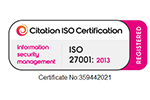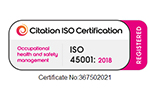The perks of being a BEMS engineer – advice from the experts
Let’s celebrate engineering for what it is – a stimulating, problem-solving career path that opens numerous doors.
Engineers are our inventors, game-changers and history-makers. As Indian Businessman, Narayana Murthy, once said “engineering or technology is about using the power of science to make life better for people, to reduce cost, to improve comfort and to improve productivity”.
And our engineers are doing just that. Equipped with smart systems and technical prowess, they are transforming workspaces with health-boosting technology and paving the way for a world full of autonomous, sustainable smart buildings.
Crucially, though, BEMS engineers are helping to tackle one of the biggest challenges of our time – the climate crisis. Right now, the built environment accounts for a third of the earth’s energy consumption. By increasing energy efficiency in buildings, BEMS engineers are drastically reducing our carbon footprint.
We asked our extraordinary engineers to explain how they got into engineering and why they believe that BEMS is such an exciting industry to be in right now.


Rob
Rob got into engineering in 1987 and spent 27 years as a naval marine engineer. Why did he get into engineering? He wanted a varied career and was good at maths and physics at school.
He discovered BEMS in 2014 as a second career path and started at Kendra eight years later in 2022.
I asked him to share his thoughts on engineering and the world of BEMS. Here’s what he had to say.
What do you like most about being an engineer?
You get to fix things and work with other like-minded people. Also, technology is fun. You can do amazing things with tech. Particularly in this day and age, thanks to Silicon Valley entrepreneurs, such as Bill Gates, and all the other techy people in our world.
What advice would you give to someone who was thinking about going into engineering and, more specifically, BEMS engineering?
Some advice and things to consider:
- The knowledge and skills you gain from working in the BEMS industry do not just apply to buildings, they can be used in other fields, too.
- BEMS technician engineers have good salary potential – probably one of the highest for non-graduates – although graduate engineers are venturing into the sector.
- BEMS engineers at the top of their game are ‘engineering system integrators’ and should command a seat at the top table, alongside architects, mechanical and electrical (M&E) consultants and civil engineers.
Lastly, what’s it like being a BEMS engineer here at Kendra?
The company is well organised, people are helpful and upbeat, time is not wasted on pointless processes and you’re listened to when you have an idea.
Alistair
Alistair got into engineering when he started college at 16. Why? He had a gut instinct that engineering was for him, which was reinforced by the fact that no other career path appealed.
Alistair knew about BEMS early on and when the opportunity to join the industry arose, it piqued his interest – largely because BEMS is the perfect blend of electrical engineering, mechanical engineering and computing – all of which he excelled in at college. He started at Kendra in October 2016.
Alistair tells us what he thinks of engineering, Kendra and the BEMS industry as a whole.
What do you like most about being an engineer?
I enjoy being faced with a variety of challenges and environments on a daily basis and then overcoming them.
What advice would you give to someone who was thinking about going into engineering and, more specifically, BEMS engineering?
Engineering as a whole is a great trade to get into because it’s such a broad field. If you’re adaptable and good at solving problems, it’s the right career path for you, regardless of which form of engineering interests you the most. Also, with there being a shortage across all engineering fronts there are so many opportunities available.
BEMS is one of the best engineering avenues because it makes you a jack of all trades. You get to learn and understand every aspect of a building and other trades so it never gets boring. Every site is different so it’s never repetitive like some other forms of engineering where you’re doing the same thing day in day out.
At the same time, your skills and knowledge are always evolving so you become close and dependable with customers, which gives you confidence in your own abilities.
Lastly, what’s it like being a BEMS engineer here at Kendra?
Kendra has a constructive environment where all avenues are open and there are plenty of opportunities to further progress my own skillset and career.
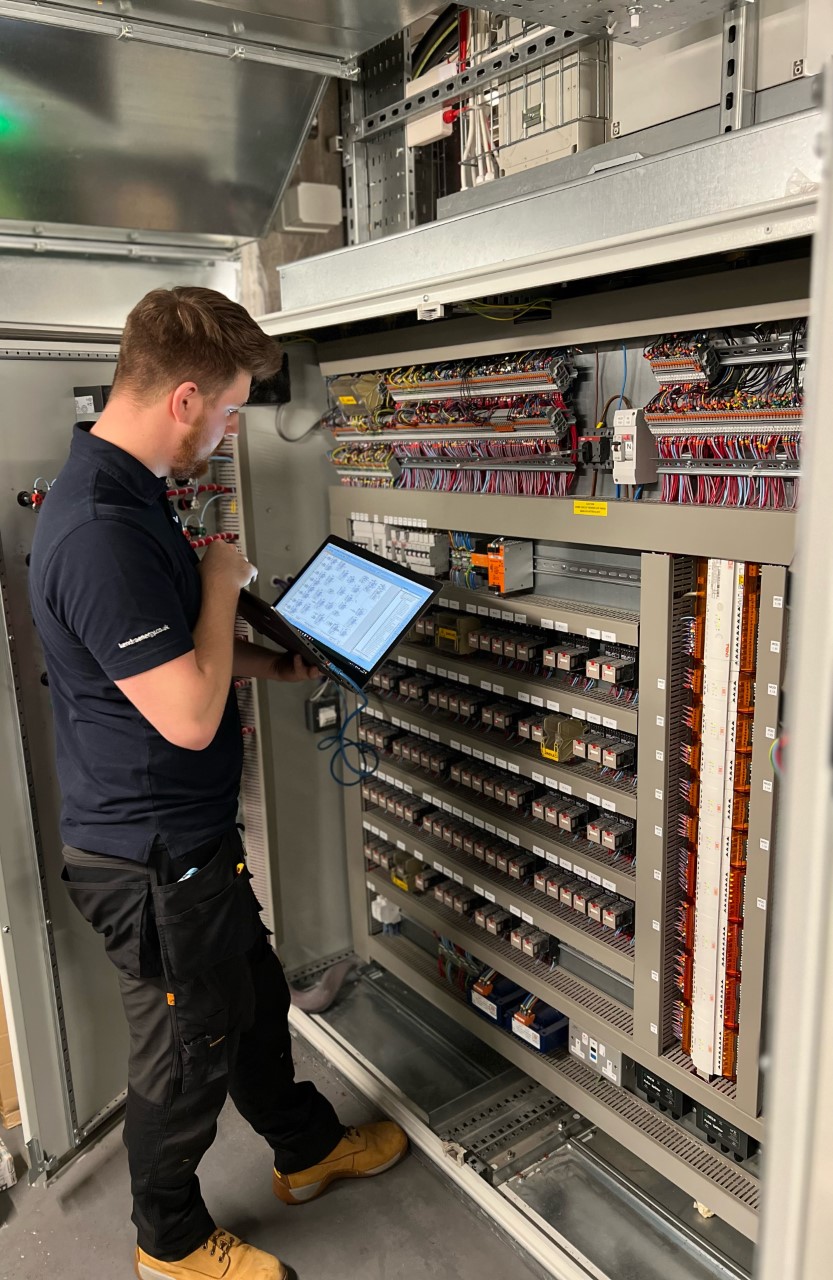
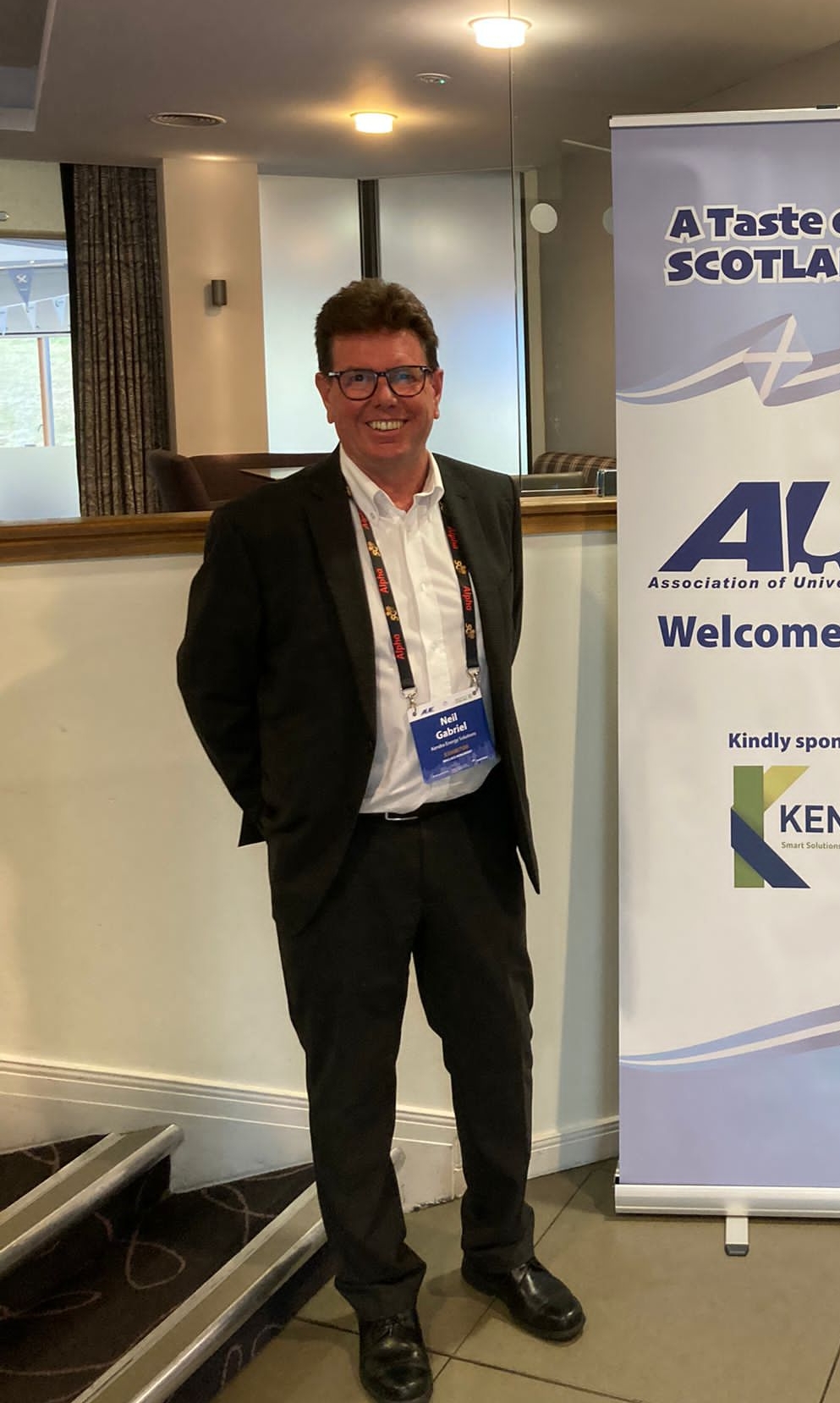
Neil
Neil got into engineering in 1978 as a marine engineering apprentice. Why? Because engineering seemed like a logical choice. At School, Neil was good at maths, physics, economics and design & technology – subjects that set you up nicely for a career in tech.
He discovered BEMS in 2006, when he began working for Chris and Gary – Kendra’s current owners – at their previous company. Prior to this, Neil had spent a couple of years in the facilities management world as an account manager. He re-joined Chris and Gary at Kendra in July 2016.
Here’s Neil’s advice for any aspiring engineers – particularly those thinking about entering the world of BEMS.
What do you like most about being an engineer?
I’ve enjoyed a varied career and because you can lend the basic engineering principles to most machines (of whatever description), I find it easy to understand how things work.
What advice would you give to someone who was thinking about going into engineering and, more specifically, BEMS engineering?
Make sure you do well in physics and maths at school and then decide which path into the world of engineering appeals to you the most. Make plans to get the specific qualifications you need for the field of engineering that interests you.
BEMS engineering is interesting because it uses processing computer technology to manage buildings, many of which were built long before there was any such technology available.
Lastly, what’s it like being a BEMS engineer here at Kendra?
Kendra is a happy place to work where you feel empowered to achieve.
Karl
Karl got into engineering at a very young age. He helped at a relative’s welding workshop every summer from the age of just 11 and when he turned 16 he joined the Royal Navy, later becoming a marine engineering mechanic.
Why did he get into engineering? His early experiences at the workshop first sparked an interest in engineering, along with a desire to follow in his older brother’s footsteps – Karl’s brother was already off sailing the world as a marine engineer.
It wasn’t until after he left the Royal Navy that Karl first discovered BEMS. He joined the industry as a fast-track BEMS engineer but later discovered that he preferred customer interaction and team building to hands on engineering. As a result, Karl moved into a BEMS sales role in 2013 – an area that still makes him tick.
He shares his thoughts on the industry and working at Kendra.
What do you like most about being an engineer?
Problem solving and teamwork!
What advice would you give to someone who was thinking about going into engineering and, more specifically, BEMS engineering?
Go for it! There’s so much more to BEMS engineering than just being technically astute. You learn to work as a team and communicate effectively to customers and team-mates alike. Also, the great thing about all of this, is that the skills you gain are transferable to any other role you may pursue in your later career.
Lastly, what’s it like working at Kendra?
We have fantastic people here. I love being part of a team of people who are far cleverer than I am; we laugh together when things are good and knuckle down when the going gets tough. We also have fantastic customers and supply chain partners. It’s all about the people – that’s what I love!
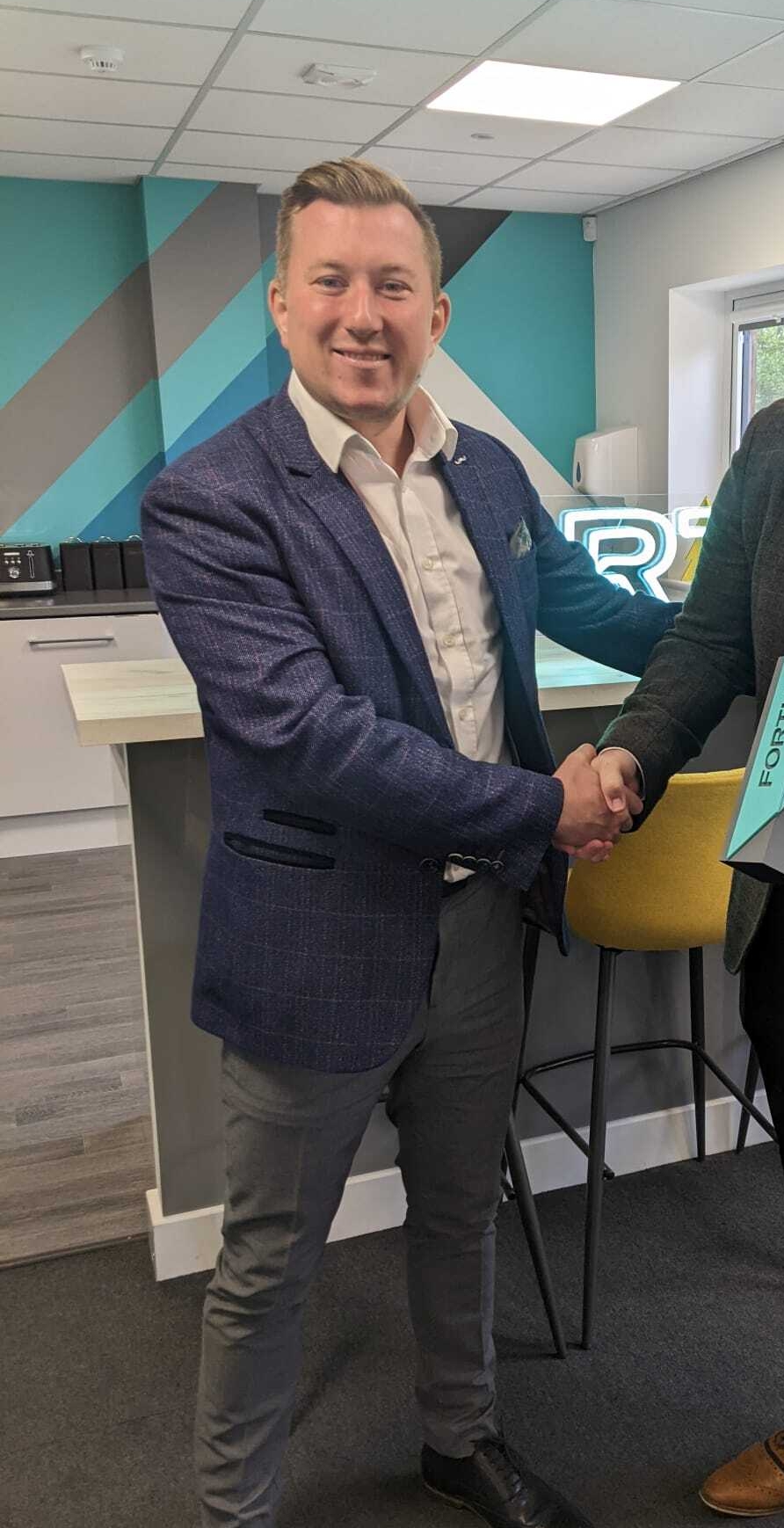
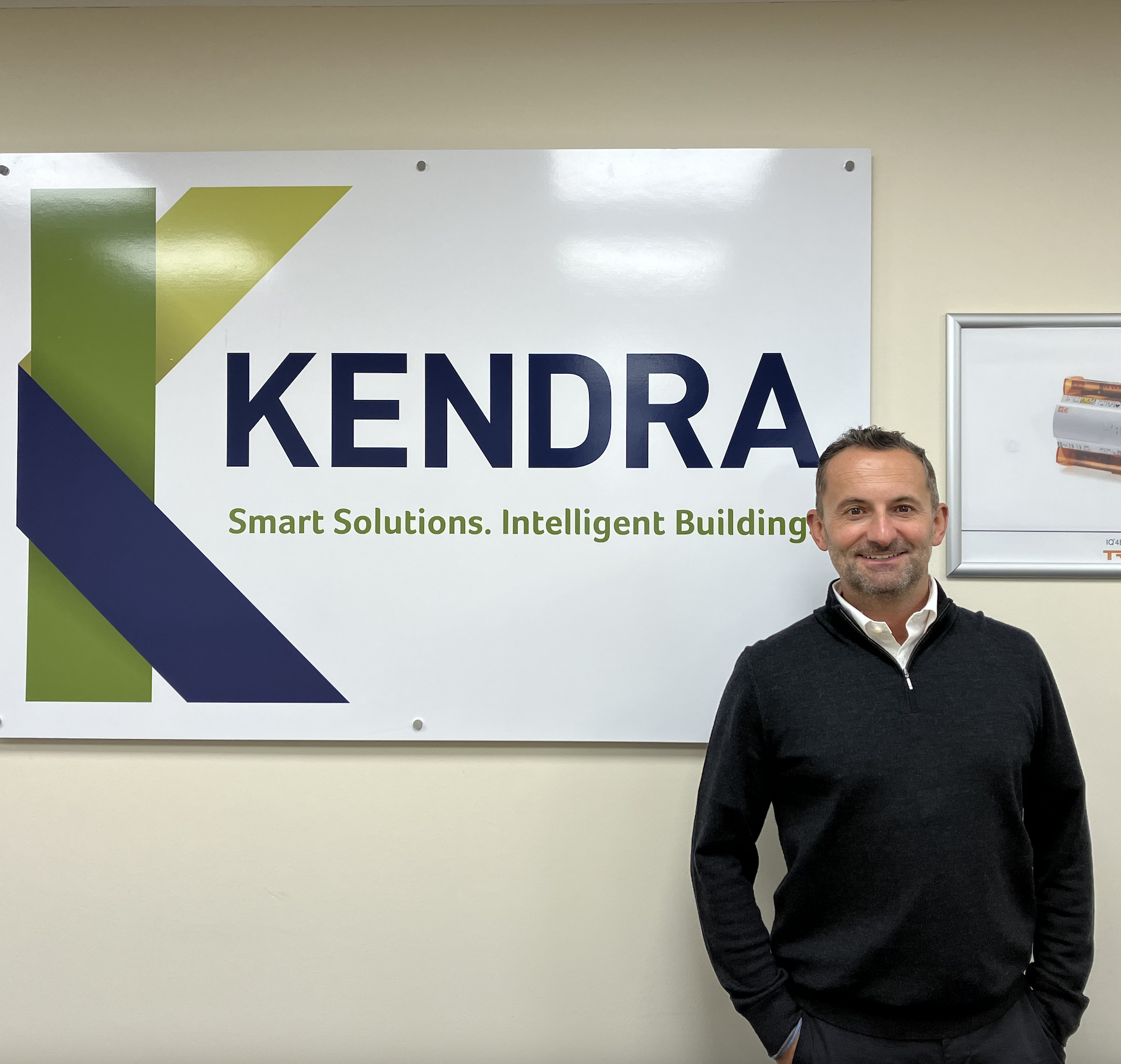
Chris
Chris got into engineering in 1987 when he left school to start an apprenticeship at Satchwell Control Systems.
Why did he get into engineering? He knew from an early age that he wanted a career in electronics but back then he didn’t know what BEMS or HVAC control systems were. In fact, the BEMS industry was just developing at that time.
Chris discovered BEMS during his apprenticeship. Initially, he worked on discrete control systems and later moved on to work on some of the first ever BEMS – Satchwell BAS700 and BAS2000 and 2800. Chris ultimately went on to acquire Kendra, alongside Gary, in 2011.
I asked him about engineering, Kendra and the BEMS industry. Here’s what he had to say.
What do you like most about being an engineer?
I like that every day is different and there is always something new to learn.
What advice would you give to someone who was thinking about going into engineering and, more specifically, BEMS engineering?
Three things:
- BEMS is still a developing industry and the future of intelligent buildings has a long way to go, which makes it a progressive and interesting place to be.
- As a BEMS engineer, you need mechanical knowledge, electrical knowledge, computer skills, good customer facing communication and a positive attitude!
- Joining the industry means you make a difference to the performance of buildings and therefore the energy and carbon that buildings use.
Lastly, what do you enjoy most about Kendra?
We have the best people in the industry and they really care about their customers and teammates!
Darren
Darren got into engineering when he studied aerospace engineering at college. Why? He once came across his grandad’s old Royal Air force (RAF) notebook, documenting his aero training. This is what first ignited Darren’s interest in both engineering and science.
Darren discovered BEMS after deciding not to continue in the aerospace industry. Instead, he became an electrician and was later introduced to the BEMS industry through a former colleague. He joined Kendra in November 2021 – 11 years later.
Darren tells us what the BEMS industry means to him.
What do you like most about being an engineer?
The challenges and problem solving that comes with it. You develop a wide and varied knowledge base, particularly with BEMS engineering – this includes mechanical and electrical knowledge.
What advice would you give to someone who was thinking about going into engineering and, more specifically, BEMS engineering?
We need to let people know that the industry is here and that there are some great opportunities in BEMS. If I had known about BEMS when I left school, I would have started here sooner.
My advice is to learn all you can.
Lastly, what’s it like being a BEMS engineer here at Kendra?
You get the opportunity to continue to learn and expand your knowledge. I also enjoy Kendra’s friendly work environment.
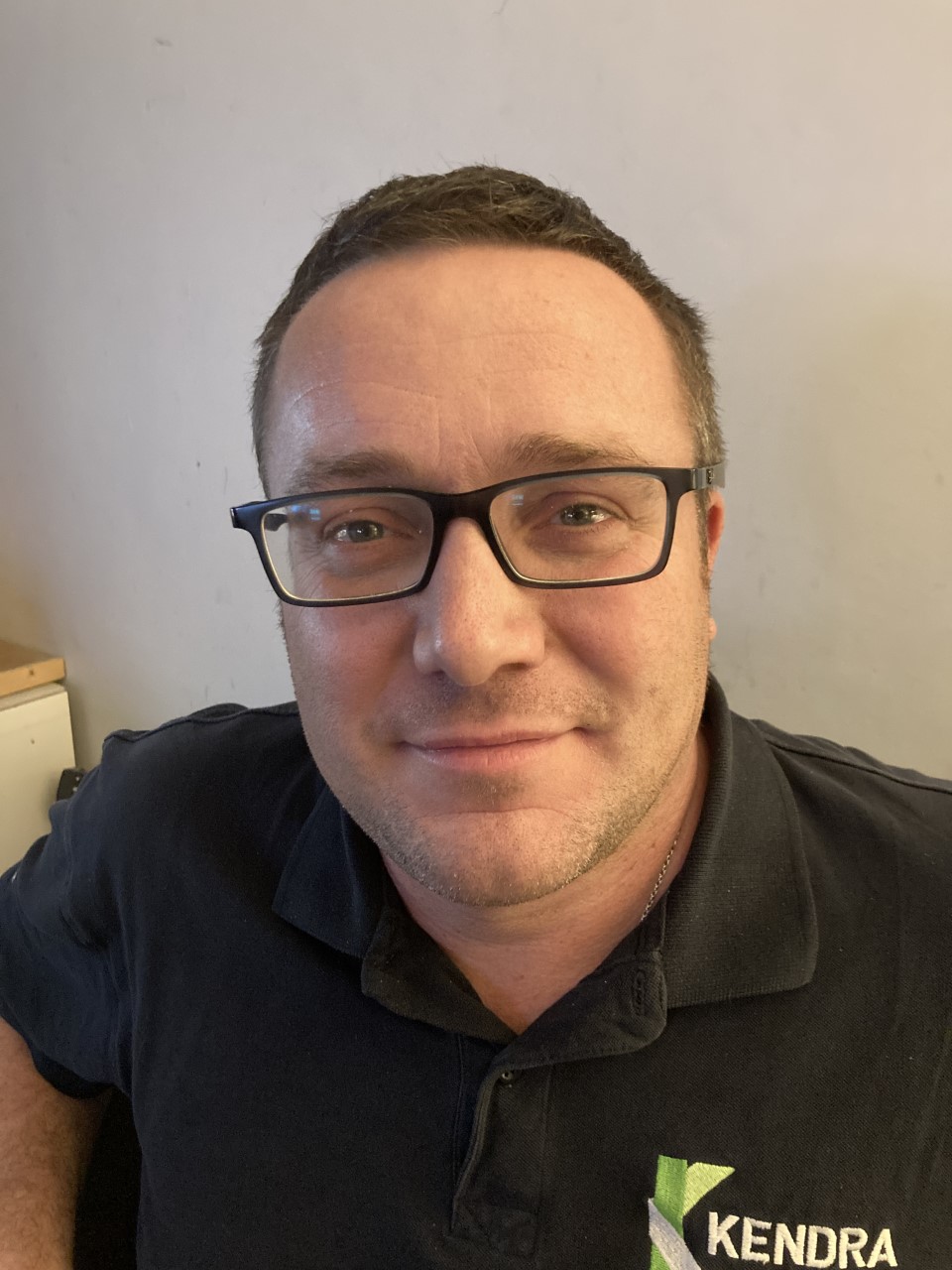

Callum
Callum first got into engineering when he started an electrical installation apprenticeship. Why? His initial interest in engineering was influenced by his father, who worked in the field himself.
In fact, Callum’s father was the first person to introduce him to the building controls industry. He was so interested in BEMS that he decided to change course and pursue a career in building controls instead. He started at Kendra in October 2018, four years after qualifying.
Here’s what Callum had to say about BEMS engineering.
What do you like most about being an engineer?
Job satisfaction – I love what I do – and fault finding.
What advice would you give to someone who was thinking about going into engineering and, more specifically, BEMS engineering?
I’d advise anyone going into the BEMS industry to be prepared to learn and adjust – technology is constantly evolving. Also, the future of the industry is all about autonomous smart buildings, which is really interesting.
BEMS technology reduces our energy consumption, which is good for the planet, too.
Lastly, what’s it like being a BEMS engineer here at Kendra?
Kendra is full of great engineers and managers, many of which I see as friends. I’ve been here for four years and during that time, I’ve had plenty of career progression opportunities. I have massively improved my skillset and learned new systems.
Interested in joining Team Kendra? Check out our vacancies
Want to know more about the building controls industry or training courses? Take a look at the Building Controls Industry Association (BCIA) website






